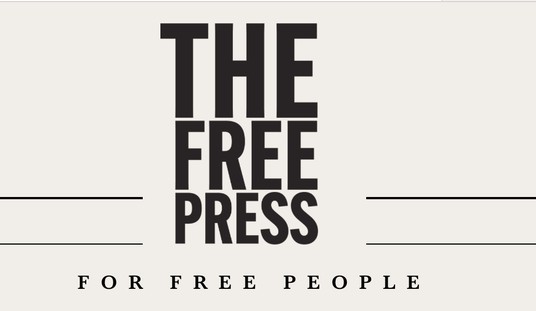Barack Obama and the Democrats like to offer the rhetorical formulation of, “No American should have to choose between health care and [blank],” where the second option is usually rent or food. However, at the income levels Democrats use to set federal subsidies, the choices for discretionary spending go far beyond the essentials — unless one has a skewed definition of essentials. Reason.tv offers a video lesson in American entitlement thinking and prioritization that adds some odd items to that definition:
Essentials in the Age of Obama:
- Protein powder
- Jeans with white stitching
- 40s
Best line in the entire clip? “Why do I not have health insurance? Because I live in America.” The expectation of this young man (and I use that word advisedly) is that everyone else should pay for the health insurance he chooses not to buy, so that he can continue contributing to society by … getting drunk.
Life is about choices and responsibility. Failure to make wise choices and exercise responsibility should not encumber us with the burden of indemnifying stupidity. They want to take the risk and offload the consequences to everyone else. That’s exactly what this program will do for those people who can afford insurance but can’t be bothered to buy it.
Nick Gillespie expands another issue of individual involvement in a more serious vein:
Here’s a more basic question when it comes to controlling costs: The easiest way to do this is to make the person doing the buying actually pay the price. You haggle more when the change is coming out of your own pocket. Or, alternatively, you splurge because you’re worth it. Earlier this year, my coverage changed from a conventional network preferred-provider plan with a standard co-pay for prescription drugs to a high-dollar deductible plan in which I essentially pay the first $2,000 dollars of medical care I consume in a year (any unused money rolls over in a Medical Savings Account that I can use in the following year). As my doctor prescribed me a brand-name drug, I thought about the cost and whether there were any possible alternatives. For the first time I can recall, I actually had a conversation with my doctor—right there, in the examination room—about medical costs. We settled on a generic alternative, saving me roughly $75 on that particular transaction. More recently, we had a similar conversation, in which he didn’t know the costs of a name-brand drug and a generic alternative—a sign that the medical system has a long way to go in terms of customer service. Imagine going into an auto shop and the mechanic not being able to quote you the price difference between a new and refurbished part.
Yet exchanges such as the ones above are small examples of price signals being injected into a system that has consciously erected a series of mufflers, walls, and funhouse mirrors precisely to make it impossible for consumers to even know what they are paying, much less how to evaluate alternative plans of action. The blame here is shared by government policymakers, insurance bureaucrats, and medical providers, all of whom have some stake in a status quo that serves them tolerably well. Any reform that doesn’t explicitly and transparently harness the same basic market forces that have driven down prices and improved quality throughout the economy over the past several decades simply will not work at containing costs and thus, expanding access (cheaper, better goods and services, whether we’re talking about automobiles or plane tickets or gourmet coffee, have a way of leaching out into every level of society).
Or, alternatively, we could just encourage everyone to buy 40s and get drunk rather than think rationally about health care.







Join the conversation as a VIP Member